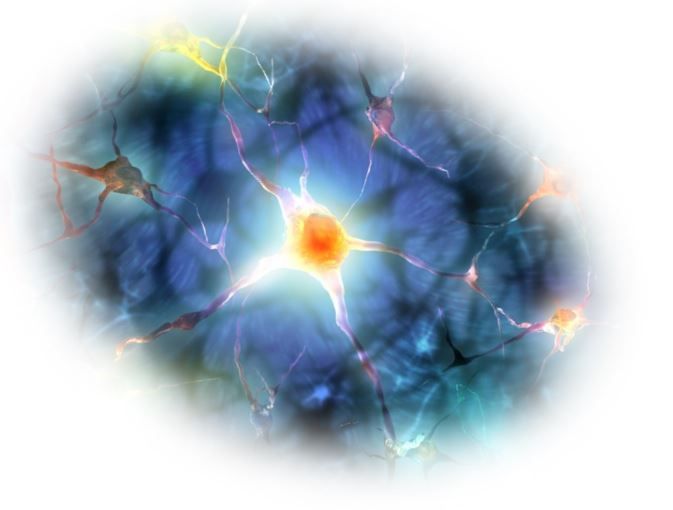Hypertension Linked to Early Brain Changes
Early diagnosis of subtle brain damage in persons with hypertension has been elusive. Refined imaging technology may change that.
©Andril Vodolazhskyi/Shutterstock.com

Hypertension is a risk factor for dementia. However, in contemporary medicine, an early diagnosis of subtle brain damage in persons with hypertension has been elusive. Conventional MRI can demonstrate white matter hyperintensities in patients with chronic hypertension, but with the degree of serious, irreversible injury the brain has already incurred, it is too late to intervene.
Enter diffusion MRI with fiber tracking (DTI-MRI).
The technology is able to assess water diffusion abnormalities in at-risk central nervous system white matter. In a recent study published in Cardiovascular Research, patients with hypertension (n=23) and controls (n=19) without evidence of brain injury on conventional MRI study were examined using DTI-MRI in order to detect potential early, subtle brain changes.
In addition to the DTI-MRI study, all entrants were administered a validated assessment for specific signs of central nervous system injury affecting cognition (ie, the Instrumental Activities of Daily Living test/IADL) that evaluated processing speed, memory, and other executive functions. IADL scores were significantly lower in subjects with hypertension. Other significant differences between subjects with and without hypertension included: Hypertension as defined by blood pressures measured >140 mm Hg or >90 mm Hg diastolic, diastolic dysfunction, increased left ventricular and septal mass, as well as BMI.
DTI-MRI revealed white matter damage in the group with hypertension that was localized to prominent tracts including: the superior longitudinal fasciculus, the anterior thalamic radiations, and the forceps minor. These areas are important in executive, cognitive functions.
The link between hypertension and dementia is getting difficult to ignore. Refined imaging technology provides compelling evidence for the strictest of blood pressure control from the onset of hypertension to protect the brain not only from strokes, but from progressive damage that may eventuate in dementia.
Source: Carnevale L, D’Angelosante V, Landolfi A, et al. Brain MRI fiber tracking reveals white matter alterations in hypertensive patients without damage at conventional neuroimaging. Cardiovasc Res. 2018 Jun 12. doi: 10.1093/cvr/cvy104. [Epub ahead of print]